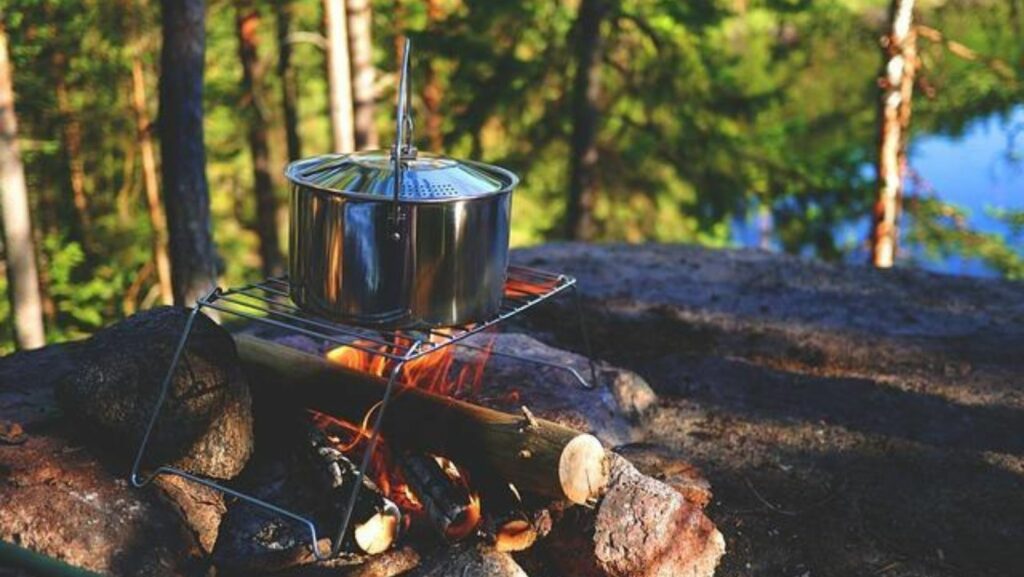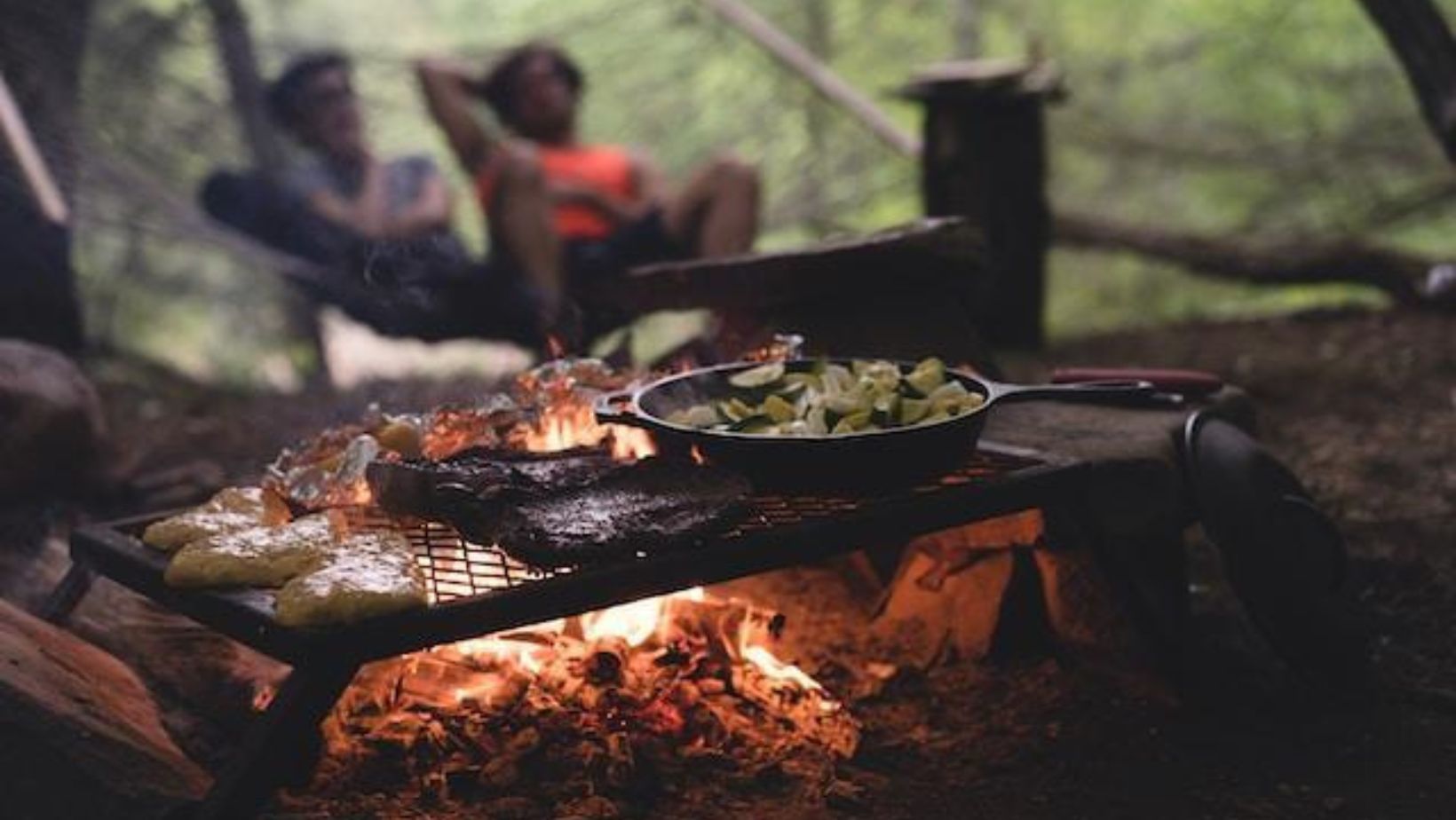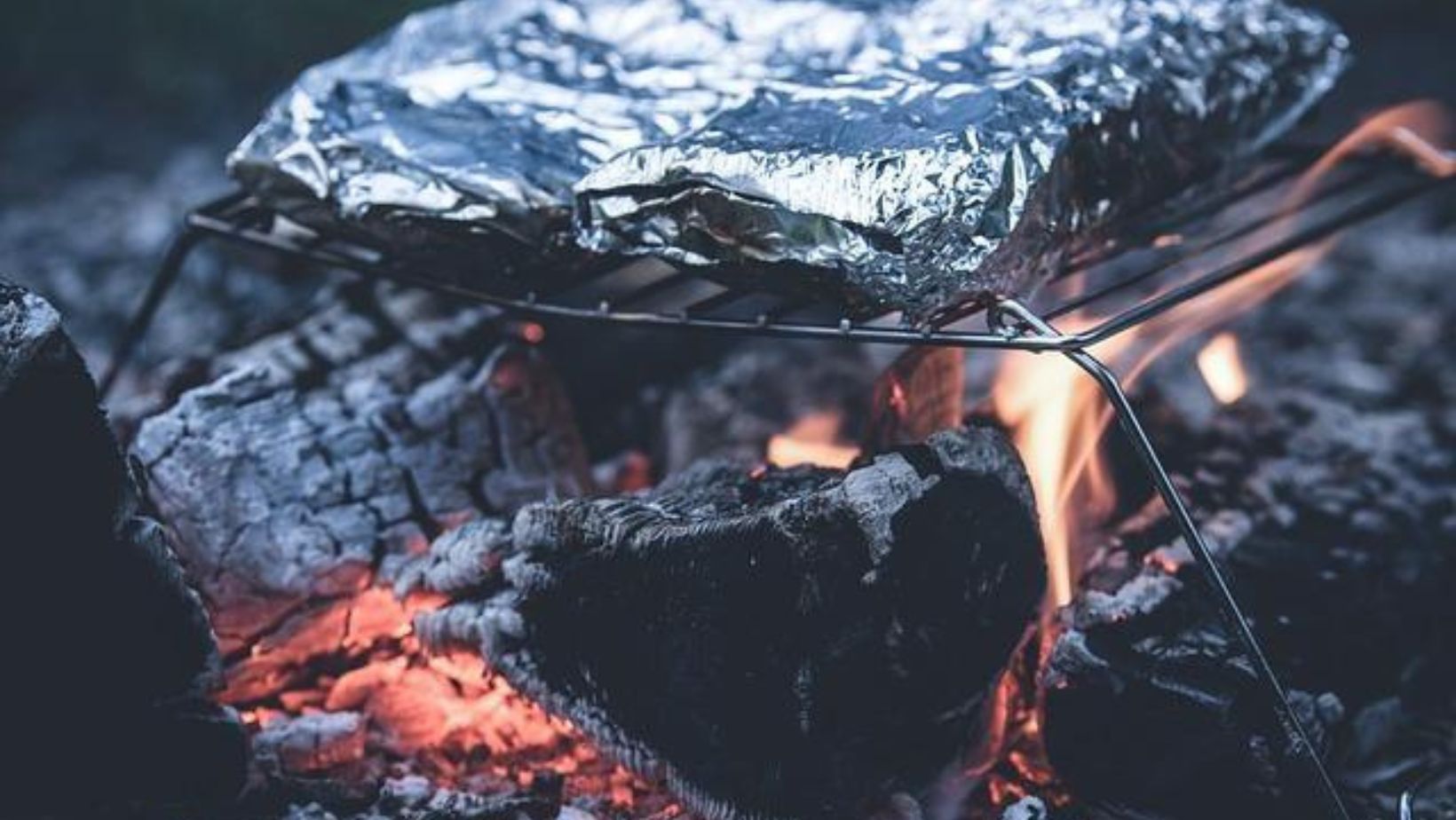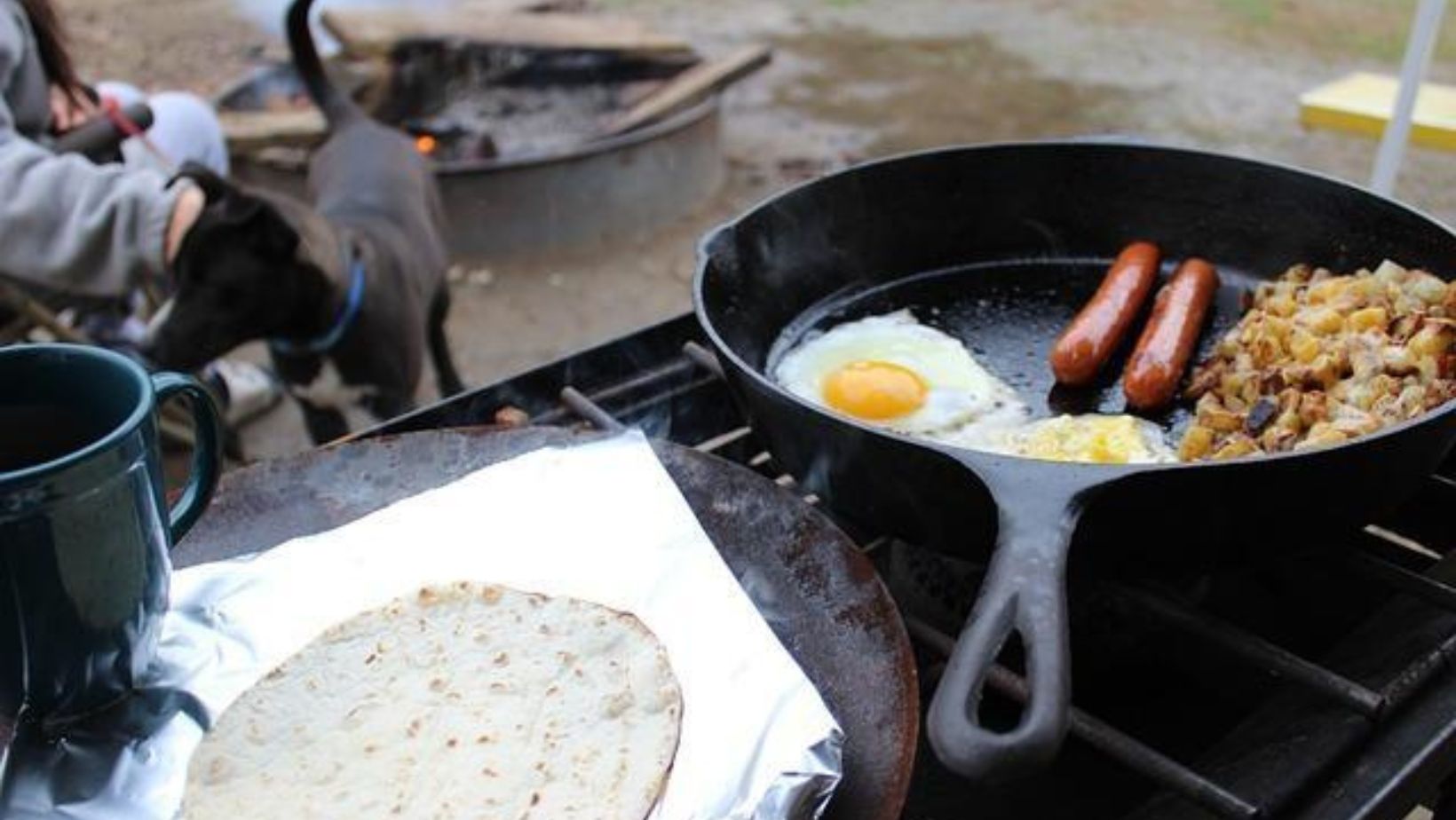The perfect camping adventure is only complete with a steady supply of delicious meals to savor while relaxing. Camping adventure meals should be filling, delicious, and easy to prepare to energize you and allow you more time to enjoy camping activities.
However, outdoor cooking significantly differs from a fully-equipped home kitchen. Nonetheless, while outdoor cooking is challenging, making delicious, finger-licking food within a limited time in an outdoor camping kitchen set-up is possible.
So, how do you inject efficiency into your camp kitchen? Below are five tips to help make camp cooking a breeze without compromising flavor.
Table of Contents
1. Execute Meal Prepping Beforehand
One similarity between backcountry camping and camping at designated grounds is no countertops available. Chopping vegetables and meat on your lap or the ground is anything but efficient and is likely to make your outdoor cooking experience a drag. However, you can avoid this inconvenience by conducting meal prep before setting out camping.
Meal prep entails planning for your meals by identifying recipes and preparing the ingredients or complete meals in readiness for consumption on demand. Its primary advantage is that it improves the cooking process by saving time. Additionally, planning your meals empowers you to stick with healthy options rather than heavily processed microwavable ones.
Essentially, meal prep strategies vary from batch-cooking, where you prepare complete meals ahead of time and freeze them for re-heating, to ready-to-cook ingredients. The ready-to-cook meal prep strategy entails prepping the ingredients and keeping them fresh to cook when required.
Both strategies are ideal for camp kitchen hacks that reduce cooking time at a camp kitchen. Additionally, meal prep strategies reduce the cleaning required during outdoor cooking, creating more relaxation time.
However, pack the pre-made meals and ingredients in airtight, leak-proof containers like mason jars, stainless steel containers, and reusable silicone bags. Also, for the ready-to-cook meal prep strategy, consider recipes with the main and accompaniments made using different techniques/ equipment (open fire, stovetop, camp oven) to save time by cooking the meals alongside each other.
2. Pack Spices/Seasoning
Outdoor cooking means no access to the unlimited spices and condiments in your home kitchen’s pantry. However, while carrying your entire spice/ seasoning to the camping site is a gross waste of space, packing a pinch of essential spices and seasonings is an efficient practice certain to elevate your meals.
Moreover, spices and seasoning allow you to be creative and re-invent limited recipes so that meals are always fun, even with limited ingredients. The spices and seasoning you pack depend on the meals you intend to prepare.
Ingenious ways to efficiently pack your spices for efficient space utilization include packing them in pill organizers, stackable pill packs, and tiny resealable bags. Alternatively, you can fill a pinch of spice or seasoning inside a straw and seal both ends with a flame. Nonetheless, ensure you label your container, bag, or straw correctly.
Besides dried spices and rubs, consider packing fresh herbs. Fresh herbs release a pungent aroma when thrown into an open fire and infuse a delightful smokey flavor ( especially in meats) during open-fire cooking.
3. Use Tin/Aluminum Foil
Foil packs are an ingenious way to make delicious, nutrient-packed meals at a camp kitchen. First, foil is an excellent heat conductor facilitating even cooking, including when using hot coals at an open fire. Second, its impermeable nature enables it to seal in moisture and steam so that the food becomes moist and tender.
Third, tin foil is versatile hence ideal for cooking fruits, vegetables, and meats over hot coals. Therefore you can use foil packs to prepare breakfast, lunch, or dinner during outdoor cooking. A quick internet search for foil-pack outdoor cooking recipes will leave you spoilt for choice on simple yet delicious and nutritious camp kitchen recipes.
Prepping/ assembling foil packs is straightforward because you cut the ingredients into bite-size bits and seal them inside the foil packs. You can assemble the packs at home and carry them while frozen, eliminating prep time.
Cooking with foil packs is equally simple. It entails putting the packs on fire coals for 30-40 minutes, depending on the recipe and portion size, and flipping them every ten minutes.
Besides fast and efficient cooking, you eat directly from the foil pack, eliminating the need to wash dishes. However, foil packs are non-reusable, so dispose of them appropriately after the meal.
4. Carry Versatile Outdoor Cooking Equipment
Besides communing with nature, another significant attraction to camping is savoring authentic campfire flavor during meals. However, while authentic campfire-flavored barbecue is to die for, cooking over an open fire presents numerous challenges and inefficiencies.
First, an open fire takes significantly longer to start than turning on outdoor cooking equipment. Second, the soot from open fires to pots and pans is extremely difficult to clean, yet unattractive.
Third, campfires have zero room for temperature regulation. Therefore, they require constant monitoring to identify the sweet spot where the food cooks rather than burning outside while remaining undercooked inside.
However, you can eliminate cooking challenges with an open fire and enjoy relaxing outdoor cooking using outdoor cooking equipment. Popular candidates include outdoor stoves, grills, and griddles.
Each cooking equipment has pros and cons based on versatility, maintenance, and mobility. Therefore, evaluate each outdoor cooking equipment based on your menu.
5. Use Cold Packs
Cold packs are vital in keeping your food and ingredients fresh and crisp rather than soggy. The science behind cold packs is that while they contain water, they also contain compounds that lower their freezing point, preventing them from forming messy ice. Besides keeping food cold and fresh for longer, cold packs are reusable.
Conclusion
Efficient outdoor cooking entails spending less time laboring over the fire and more time relaxing for a fulfilling camping experience. Therefore, follow the five cap kitchen hacks above to enjoy efficient yet delicious outdoor cooking experiences.












